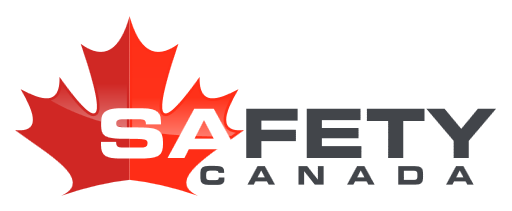Course Overview
Part 382 of the Federal Motor Carrier Safety Regulations (FMCSRs) addresses alcohol and drug use by, and the testing of, drivers of commercial motor vehicles (CMVs). The purpose of these regulations is to prevent vehicle accidents and injuries that are the result of driver misuse of alcohol and/or abuse of drugs. As the operator of a CMV that requires you to possess a commercial driver's license (CDL), you are subject to the alcohol and drug testing requirements.
This course is designed to inform learners of alcohol and drug prohibitions, types of testing, testing procedures, and the consequences of violating the prohibitions.
After completing this course, learners will be able to:
- Describe the alcohol and drug prohibitions that apply to CMV operators
- Identify what types of testing drivers can expect to experience under various circumstances
- Explain the alcohol and drug testing procedures
- Describe the consequences of violating the prohibitions
- Recognize the effects of alcohol abuse and drug use and how they impair driving abilities


